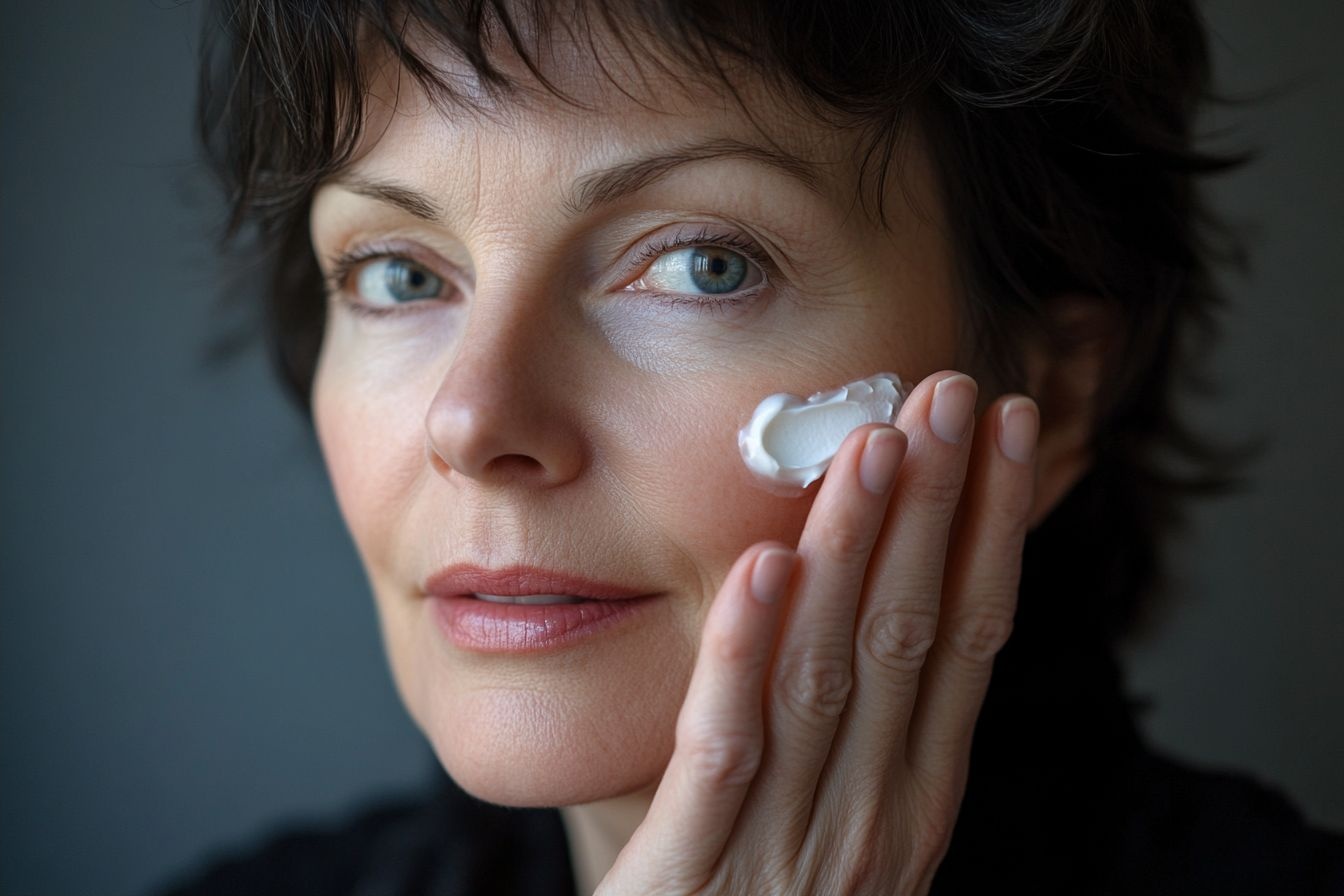Scalp Psoriasis Explained: Symptoms, Causes, and Relief Options
Scalp psoriasis is a chronic skin condition that can cause itching, flaking, and discomfort. In this article, we explore the key symptoms, possible causes, and treatment options that can help manage flare-ups and improve your quality of life without making exaggerated claims.

What Are the Common Symptoms of Scalp Psoriasis?
Scalp psoriasis manifests through several distinct symptoms that can vary in severity from person to person. The most common signs include:
-
Red, scaly patches on the scalp
-
Intense itching and burning sensations
-
Dry, flaky skin that may resemble dandruff
-
Silvery-white scales that can extend beyond the hairline
-
Temporary hair loss in severe cases due to excessive scratching
These symptoms can range from mild to severe, with some individuals experiencing only slight scaling, while others may have thick, crusted plaques covering large areas of the scalp.
What Triggers Scalp Psoriasis Flare-Ups?
Understanding the triggers for scalp psoriasis flare-ups is crucial for effective management. While the exact cause of psoriasis remains unknown, several factors can exacerbate the condition:
-
Stress: High levels of stress can trigger or worsen psoriasis symptoms
-
Cold weather: Dry, cold conditions can lead to skin irritation and flare-ups
-
Infections: Strep throat and other infections may trigger psoriasis in some individuals
-
Certain medications: Beta-blockers, lithium, and antimalarial drugs can sometimes trigger outbreaks
-
Skin injuries: Cuts, scrapes, or sunburns can lead to new psoriasis patches
-
Alcohol consumption: Excessive drinking may increase the frequency and severity of flare-ups
Identifying personal triggers can help individuals avoid or minimize exposure to these factors, potentially reducing the frequency and intensity of flare-ups.
What Are the Most Effective Treatment Options for Scalp Psoriasis?
Treating scalp psoriasis often involves a combination of approaches tailored to the individual’s needs and the severity of their condition. Some of the most effective treatment options include:
-
Topical treatments: Corticosteroid creams, ointments, or shampoos can help reduce inflammation and itching
-
Vitamin D analogues: Calcipotriene and other vitamin D-based treatments can slow skin cell growth
-
Salicylic acid: This ingredient helps remove scales and soften plaques
-
Light therapy: Controlled exposure to UV light can slow skin cell turnover and reduce inflammation
-
Systemic medications: For severe cases, oral or injectable drugs like methotrexate or biologics may be prescribed
-
Coal tar products: These can help slow skin cell growth and reduce inflammation and itching
It’s important to work closely with a dermatologist to find the most appropriate treatment plan, as what works for one person may not be effective for another.
How Can You Manage Scalp Psoriasis Flare-Ups at Home?
While professional medical treatment is essential, there are several steps individuals can take at home to manage scalp psoriasis flare-ups:
-
Use medicated shampoos regularly as directed by a healthcare provider
-
Apply moisturizers to the scalp to reduce dryness and itching
-
Avoid scratching or picking at scales to prevent further irritation
-
Use a humidifier to add moisture to the air, especially in dry climates
-
Manage stress through relaxation techniques, exercise, or meditation
-
Maintain a healthy diet rich in anti-inflammatory foods
These home care strategies can complement medical treatments and help individuals gain better control over their symptoms.
What Daily Care Routines Are Recommended for Sensitive Scalps?
For those with scalp psoriasis, adopting a gentle daily care routine is crucial to minimize irritation and promote healing. Here are some recommended practices:
-
Use lukewarm water when washing hair, as hot water can irritate the scalp
-
Choose mild, fragrance-free shampoos and conditioners
-
Gently massage the scalp while washing to avoid aggravating plaques
-
Pat the hair and scalp dry instead of rubbing vigorously with a towel
-
Limit the use of heat styling tools, which can dry out the scalp
-
Avoid tight hairstyles that may cause friction or irritation
Consistency in following a gentle care routine can help maintain scalp health and reduce the frequency of flare-ups.
Can Lifestyle Changes Improve Scalp Psoriasis Symptoms?
Adopting certain lifestyle changes can significantly impact the management of scalp psoriasis:
-
Stress reduction: Regular exercise, meditation, or counseling can help manage stress levels
-
Dietary modifications: Some individuals find relief by following an anti-inflammatory diet
-
Smoking cessation: Quitting smoking may improve psoriasis symptoms and overall health
-
Alcohol moderation: Limiting alcohol intake can reduce the frequency of flare-ups
-
Sun exposure: Controlled, moderate sun exposure can improve symptoms (with doctor’s approval)
-
Sleep hygiene: Maintaining a regular sleep schedule can support overall health and stress management
While these lifestyle changes may not cure scalp psoriasis, they can contribute to better symptom management and improved quality of life for many individuals living with this condition.
In conclusion, scalp psoriasis is a challenging condition that requires a multifaceted approach to management. By understanding the symptoms, triggers, and available treatment options, individuals can work with healthcare providers to develop effective strategies for controlling flare-ups and minimizing discomfort. With proper care, treatment, and lifestyle adjustments, many people with scalp psoriasis can achieve significant relief and maintain a healthier scalp.
This article is for informational purposes only and should not be considered medical advice. Please consult a qualified healthcare professional for personalized guidance and treatment.




